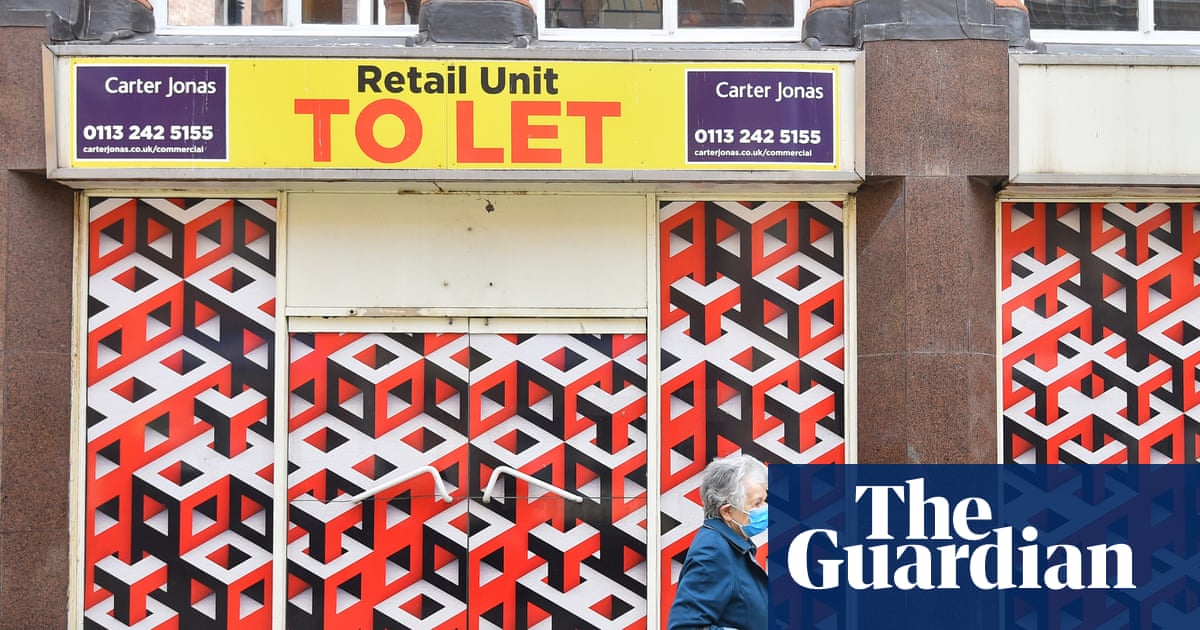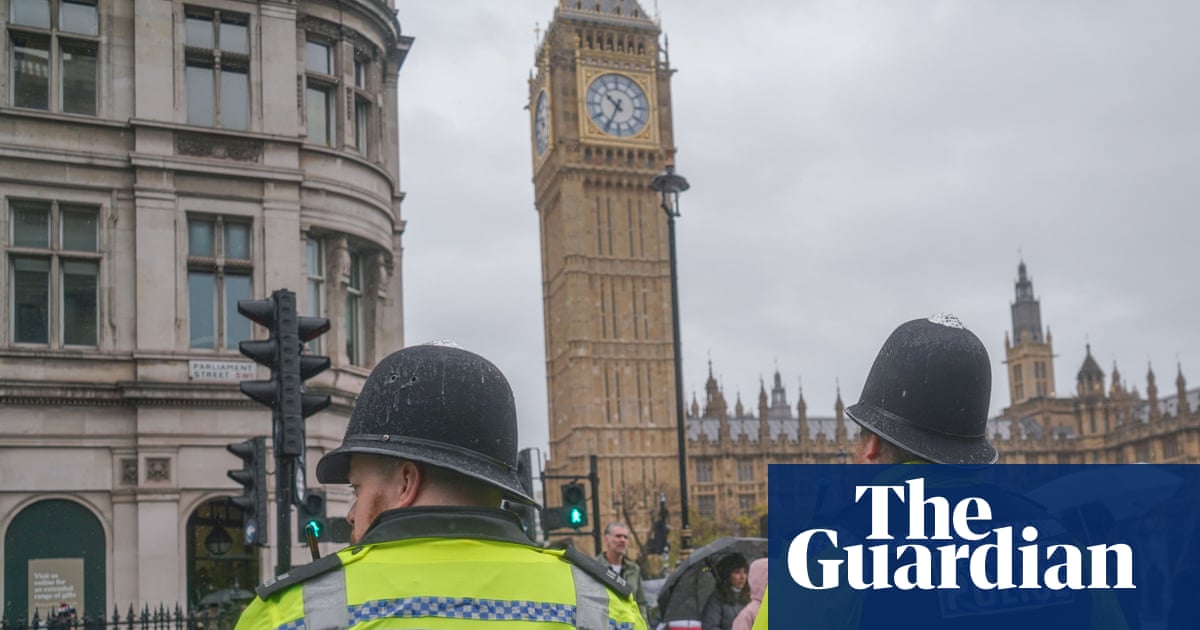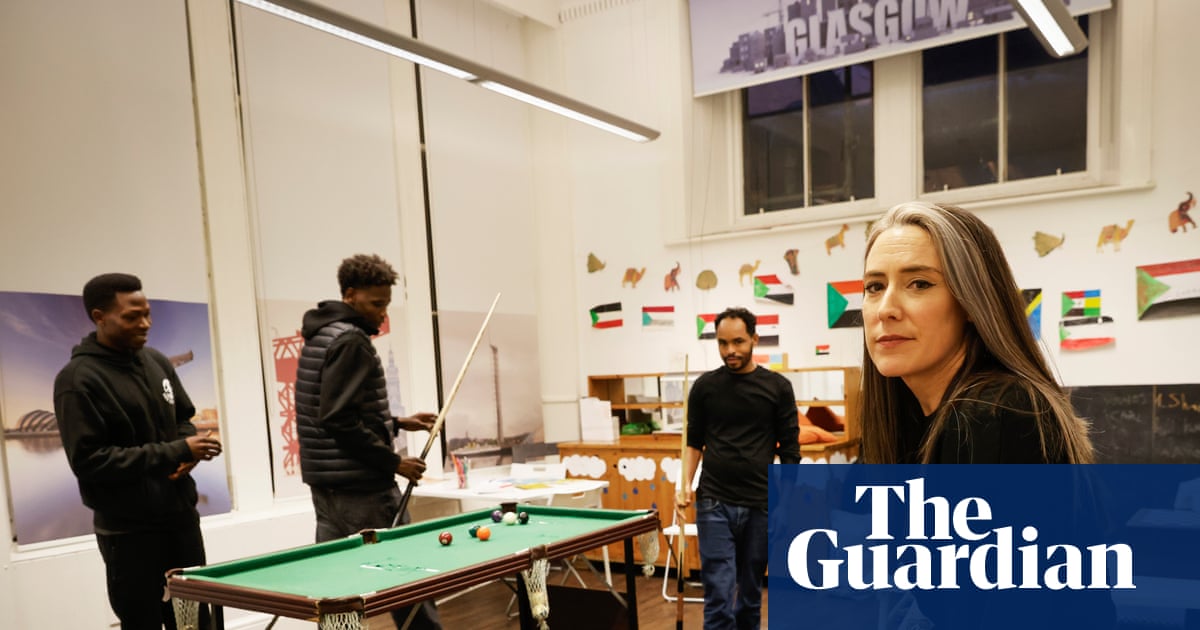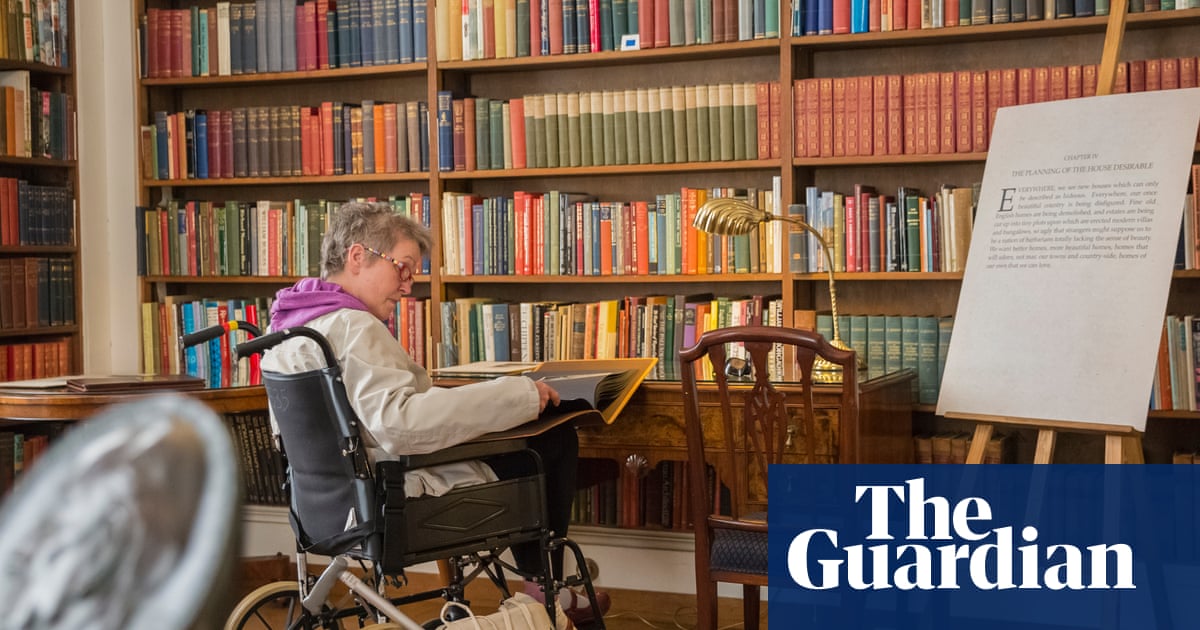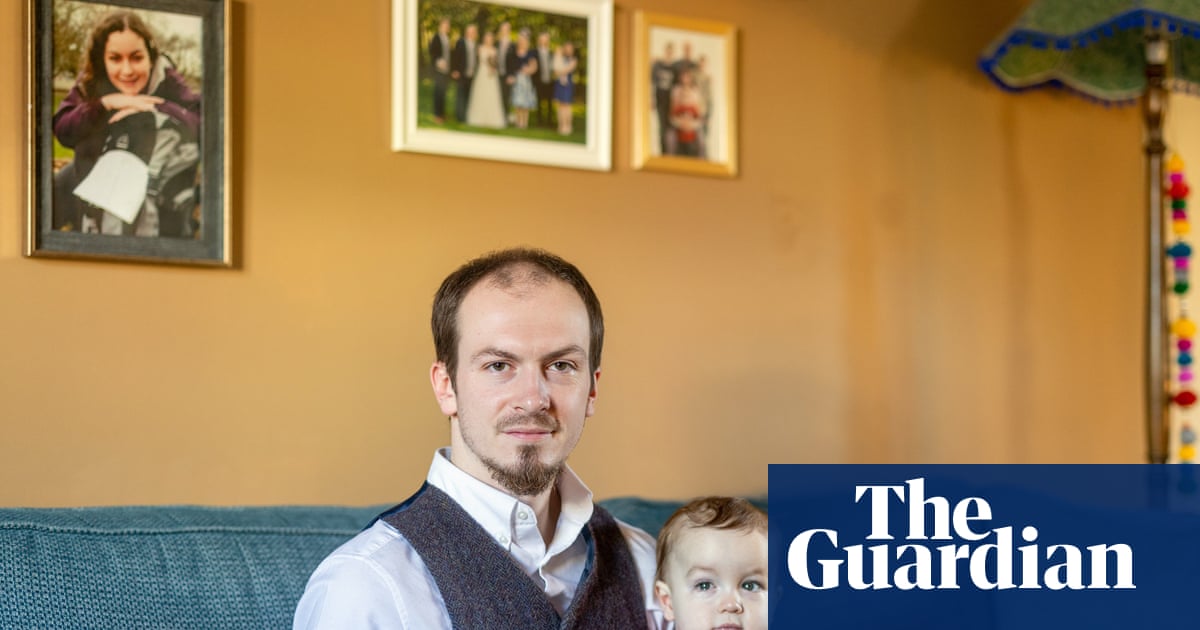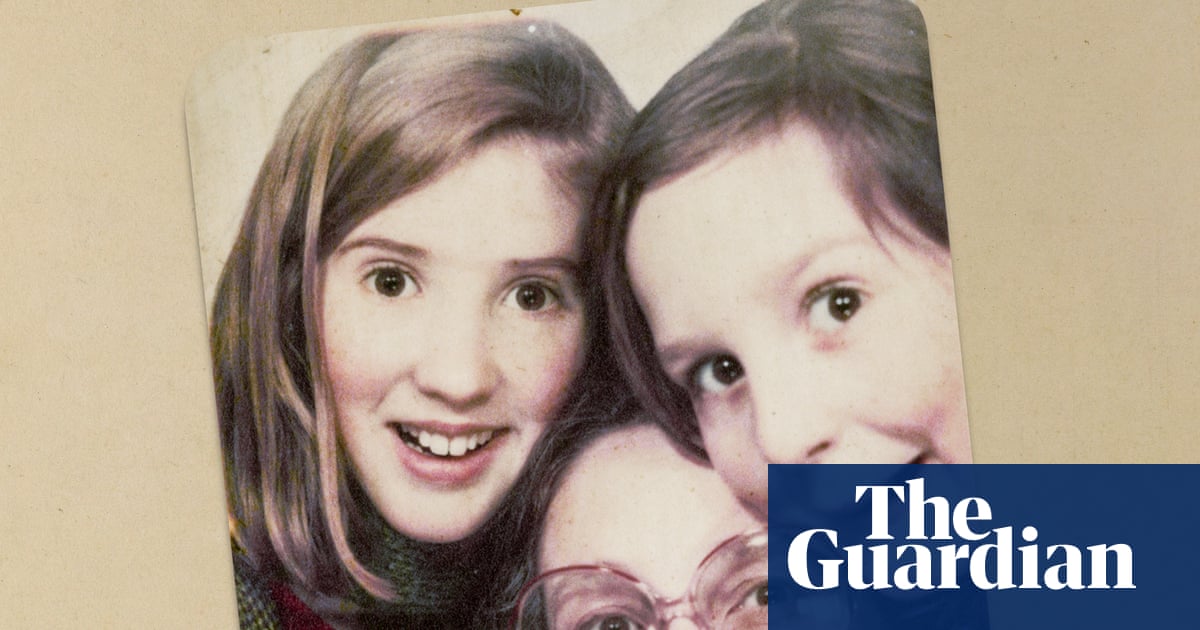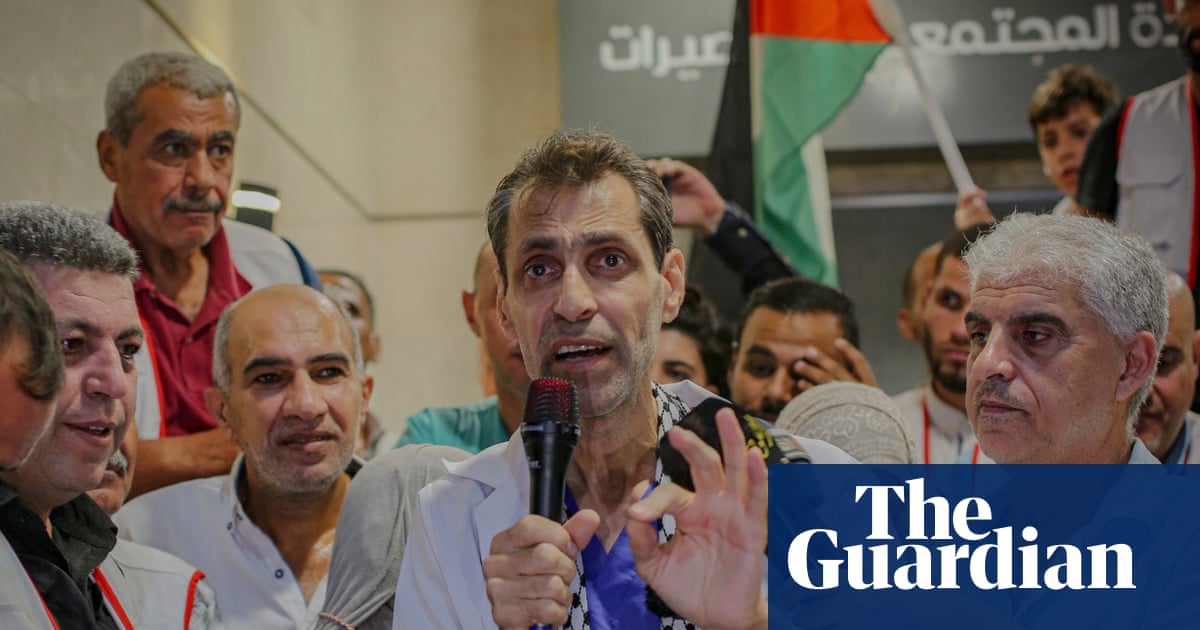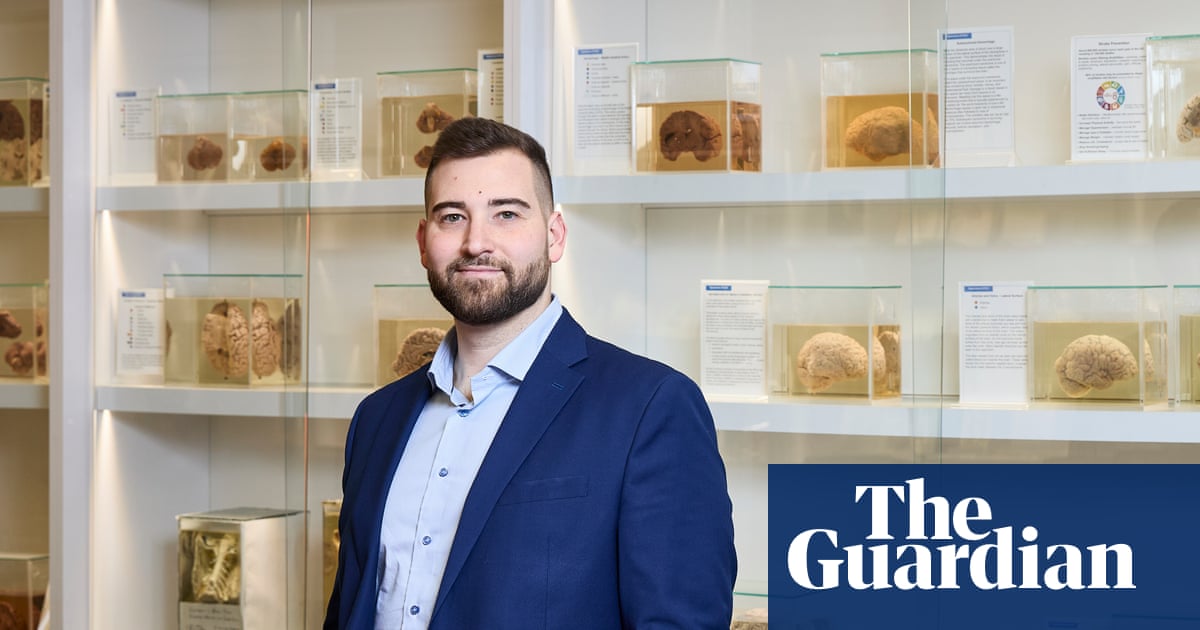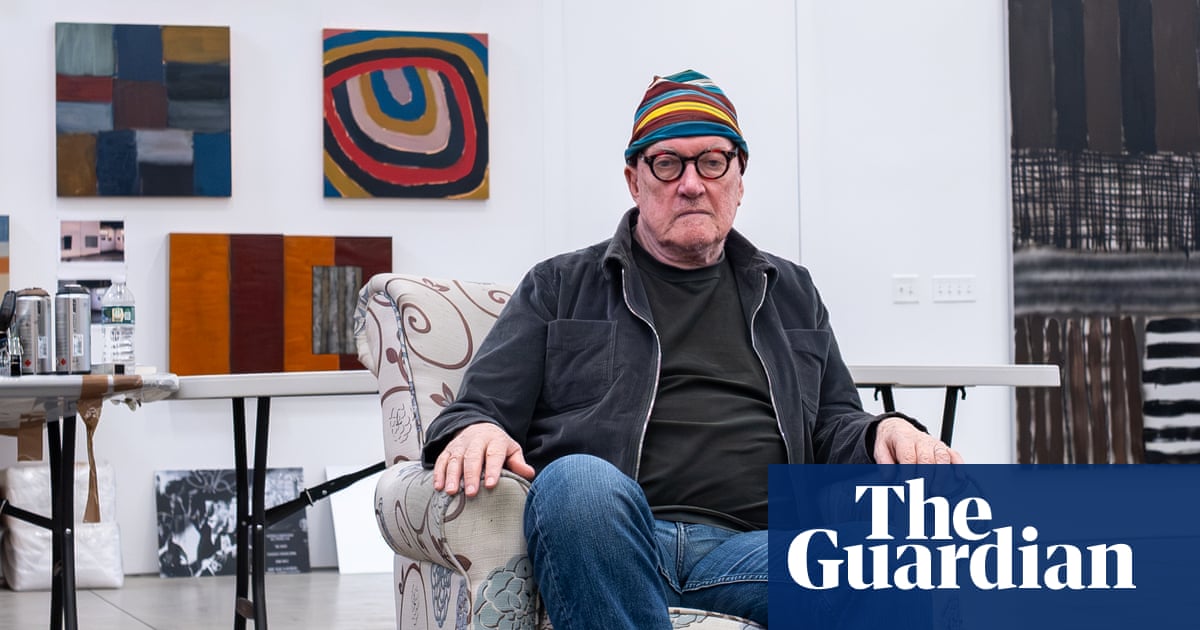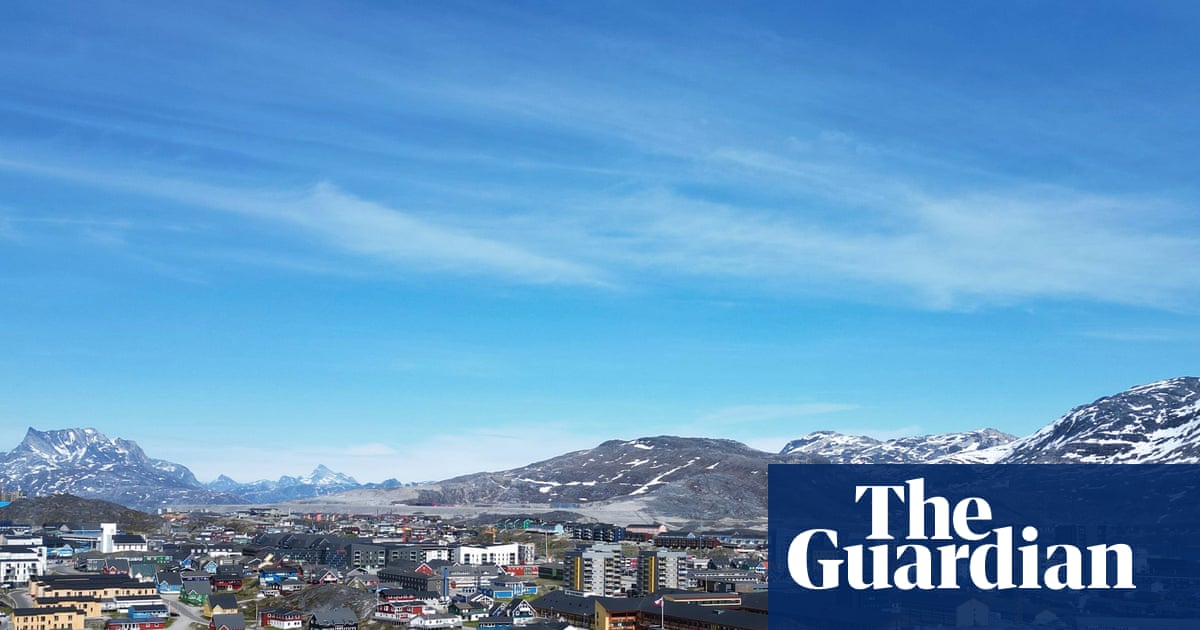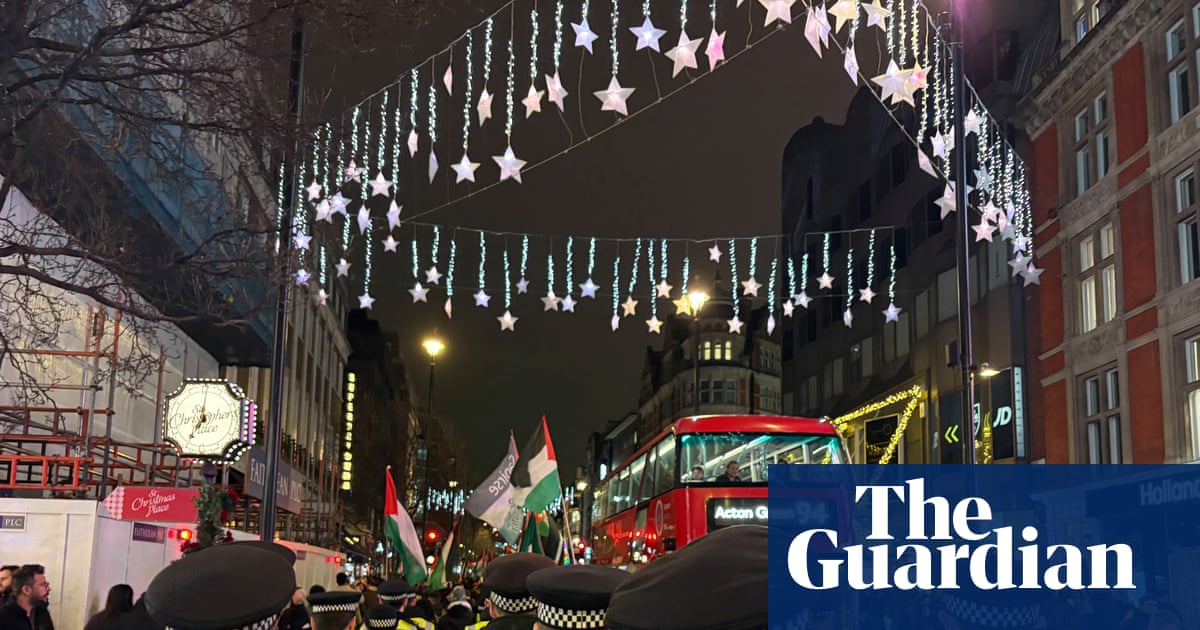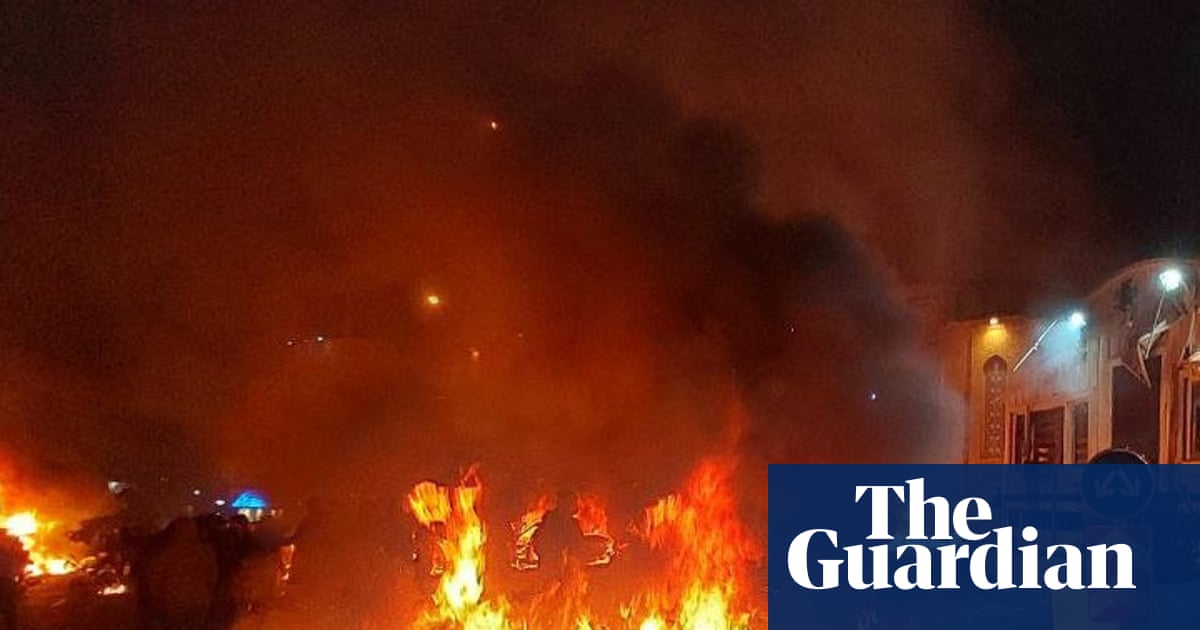For more than 40 hours he floated in the Mediterranean, buoyed only by an inflatable ring and flippers. Gripped by fear and disheartened by the handful of vessels that had passed by him, Rafie Nadi, 23, was kept from slipping under by a jumble of hopes. Five years earlier, he had set off from Egypt to help provide for his family; now he desperately prayed he would finally make it to Europe and live to see his mother again.
His rescue in July made headlines around the world. Dehydrated, exhausted and his skin burning from overexposure to sun and seawater, he could be seen in video clips collapsed on a ship’s deck, barely able to move or talk, after he was pulled from the water by a family sailing to the Balearic Islands. Their boat was met at sea by a maritime rescue service vessel, which took him to port in Málaga and handed him over to police and the Red Cross.
It was an extraordinary glimpse of how migrants are taking increasingly risky routes to cross into Europe as the bloc focuses on deterrence and sealing its borders. Last year, at least 572 people died while trying to reach Spain from north Africa, according to the International Organization for Migration.
Nadi said he had set off from the coast of Fnideq, Morocco, with a 17-year-old friend in mid-July, hoping to swim to Spain’s north African enclave of Ceuta. “We had calculated that we would reach Ceuta in five or six hours,” he said six weeks after the rescue. “But I began to worry when the sun came up and we still hadn’t made it.”
The plan had been weeks in the works. After four unsuccessful attempts to scale Ceuta’s border fence, Nadi and his friend hatched an alternative plan, cobbling together funds to buy wetsuits, inflatable rings and flippers. It was their best option, they reasoned, as they were strong swimmers and neither of them had the €3-4,000 that smugglers were charging to cross into Europe.
For weeks, they trained, spending hours at a time in the sea. Just before midnight on 14 July, Nadi said he and his friend ducked past the soldiers on the beach and threw themselves into the water, hoping that the cover of darkness would be enough to allow them to cross undetected. “We swam and swam and swam,” he said.
While the forecast had promised calm seas, the waves were high, pushing and pulling them deeper into the Mediterranean. “In the morning, after swimming for more than eight hours, my friend and I were separated,” said Nadi. “The sea separated us.”
He fought back panic as he scanned the horizon, seeing only miles of water and no land in sight. “I was terrified of dying at sea. I hoped that God would save me or that I would find a boat and get close enough for them to rescue me,” he said. “I thought about my mother, who I hadn’t seen in five years, and how I want to see her before I die. I prayed to God not to let me die so that my mother wouldn’t suffer. My family knew I had been trying to cross the wall, but I didn’t tell them about my plan to swim.”
He let the currents pull him to and fro, conserving his energy so that he could frantically flag down any vessels he came across. “I tried to ask for help from about five boats, but no one rescued me,” he said. “One of them had a lot of people onboard, maybe workers: it looked like a commercial vessel. I waved my arms and shouted: ‘Help, help,’ many times, but no one responded. I was very close to them.”
Racked with disappointment, he forced himself to ward off the thought that he might not make it.
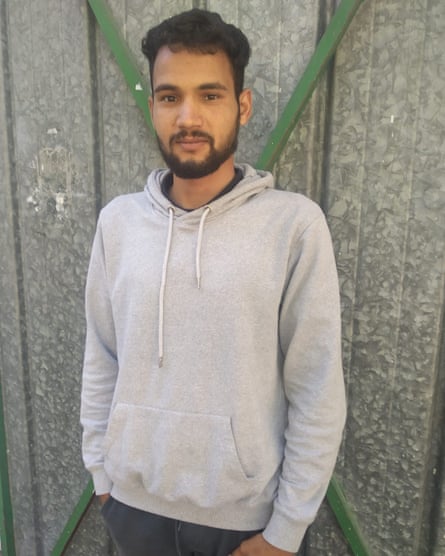
Five years earlier, he had set off from his home city of Minya, on the western bank of the Nile, abandoning his dream of studying medicine to find a job in Europe that would allow him to provide for his parents and eight younger siblings.
Lost and exhausted after two nights and another full day in the sea, he spotted what looked like a boat heading towards him. “I started waving my arms,” he said. He watched, his hopes slowly rising, as those onboard peered at him through binoculars. “I started swimming towards them, they threw me a rope and I grabbed it. They pulled me up, gave me food, water and clothes.”
Those onboard the yacht captured the rescue on video. “We’ve called in a shipwrecked man and we’re going to pick him up,” a man can be heard saying as he pans the scene, showing Nadi as a tiny speck in the vast sea. “It’s incredible where he is because just look, all the passing boats are really far away from him.”
They had come across Nadi about 13 nautical miles south of the Spanish town of Benalmádena on the Costa del Sol, suggesting he had floated more than 60 miles (100km) from his starting point. By then, Nadi wasn’t sure how much longer he would be able to hold on. “If it hadn’t been for this boat, I don’t know if I would have been able to continue swimming,” he said, his voice thick with emotion. “I’m so grateful to the family that rescued me.”
The family was met at sea by a maritime rescue service vessel who handed Nadi over to the police and the Red Cross. Soon after, staff at the Red Cross told him the good news; his friend had also been found, safe and sound, off the coast near Málaga. “I called him and was so relieved to hear his voice … I thanked God that he had been saved.”
The next call he made was to his family. Overcome with emotion, he told them that he had made it to Europe and was safe, carefully leaving out the details of the odyssey he gone through to get there.
After two weeks spent in a camp run by the Red Cross, Nadi was released owing to the absence of any repatriation agreement between Spain and Egypt.
Under international law he has the right to apply for asylum, a process that can take years in Spain, though he acknowledged as an Egyptian national his chances were slim.
His focus had since shifted to trying to gain a foothold in his new home. “I thought I would start working as soon as I arrived in Spain, but the reality is different. I discovered that this situation in Europe is not worth all the suffering. If you have papers, yes, but without papers it’s very hard,” he said. “I don’t know when I will get papers – but I want to look for a job, any job.”
The reality of all that he had gone through to get to Europe was also starting to sink in, reinforced each time that he watched the video of the rescue. “Every time I see it, I’m glad that I survived,” he said. “But I hope no one goes through the same experience that I did.”

 3 months ago
96
3 months ago
96


